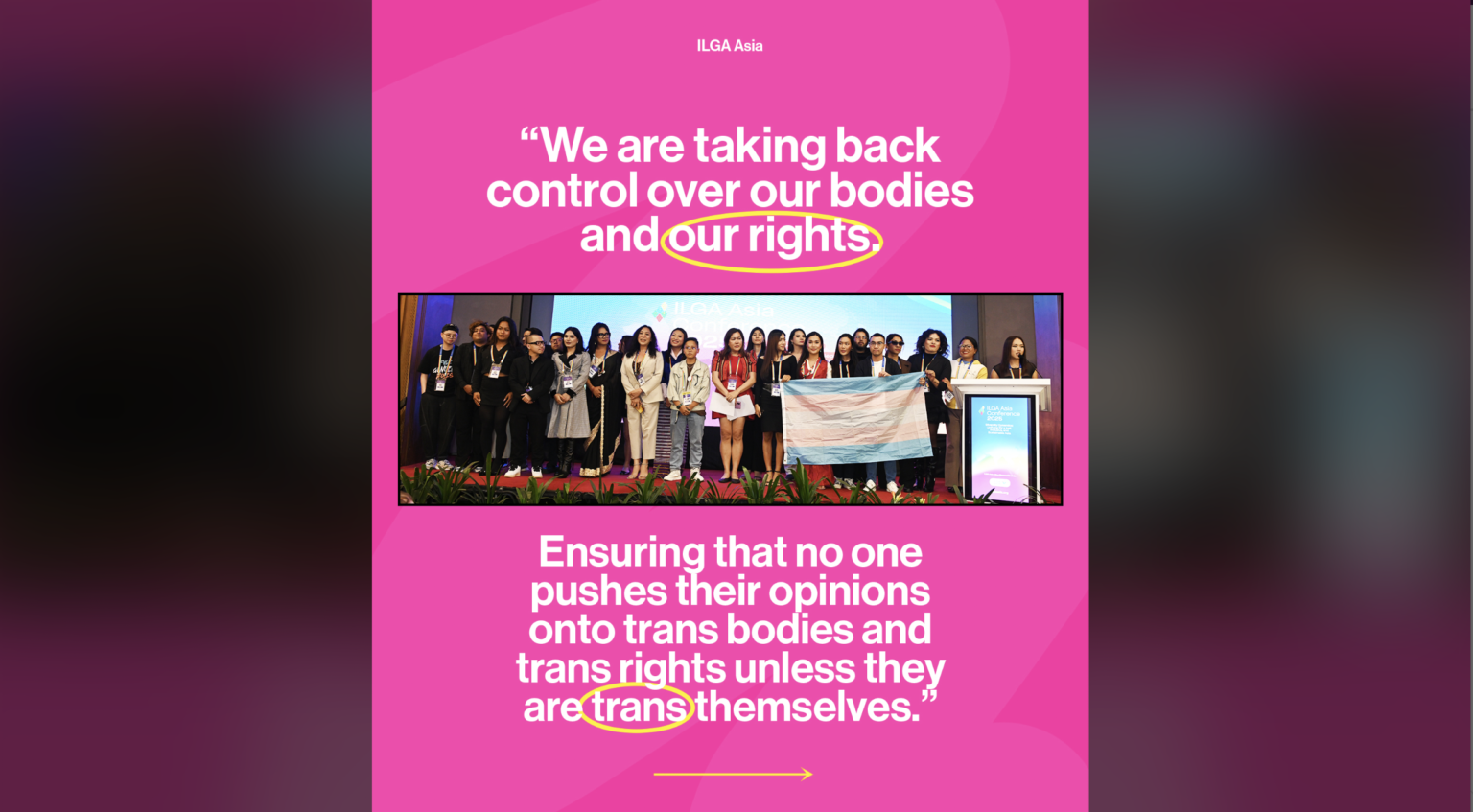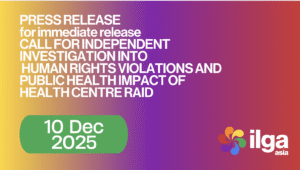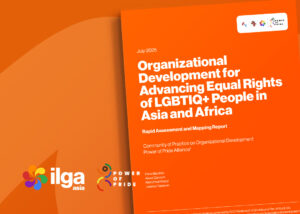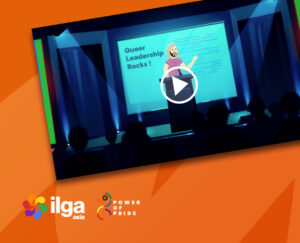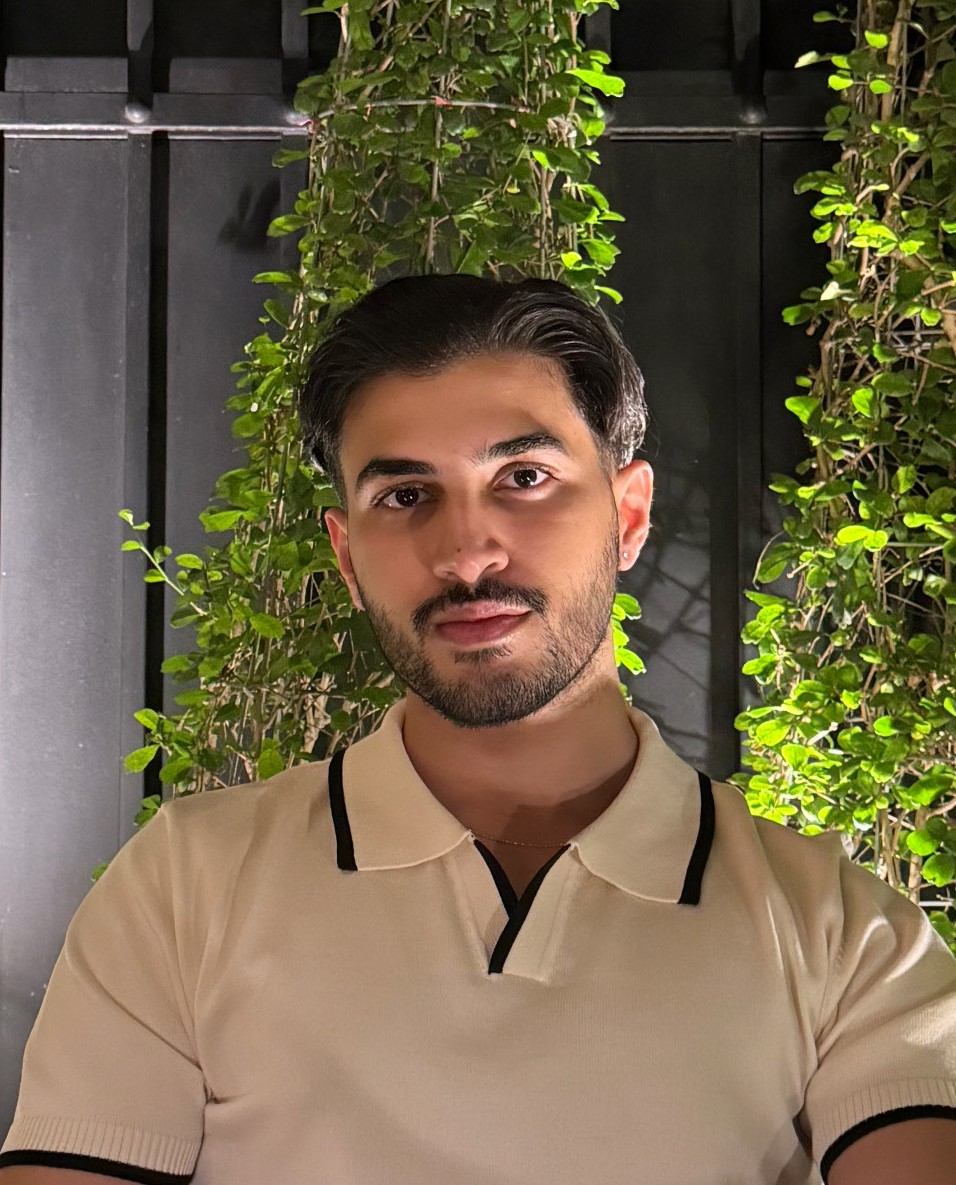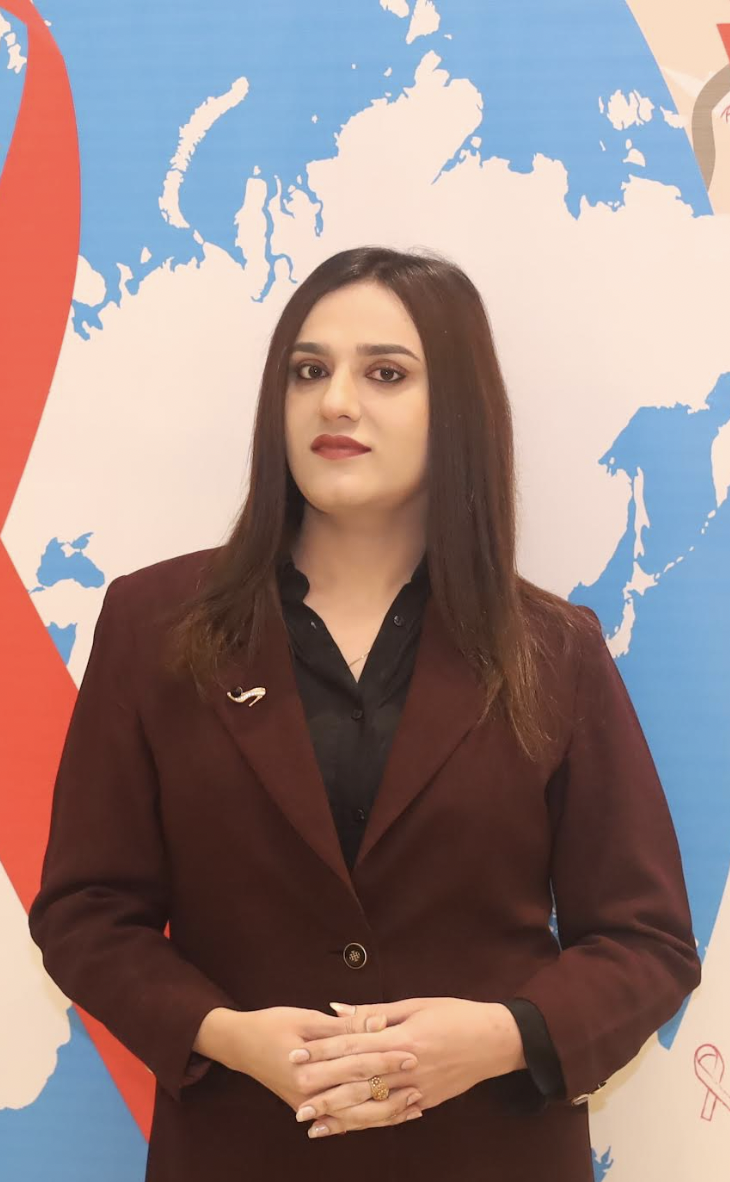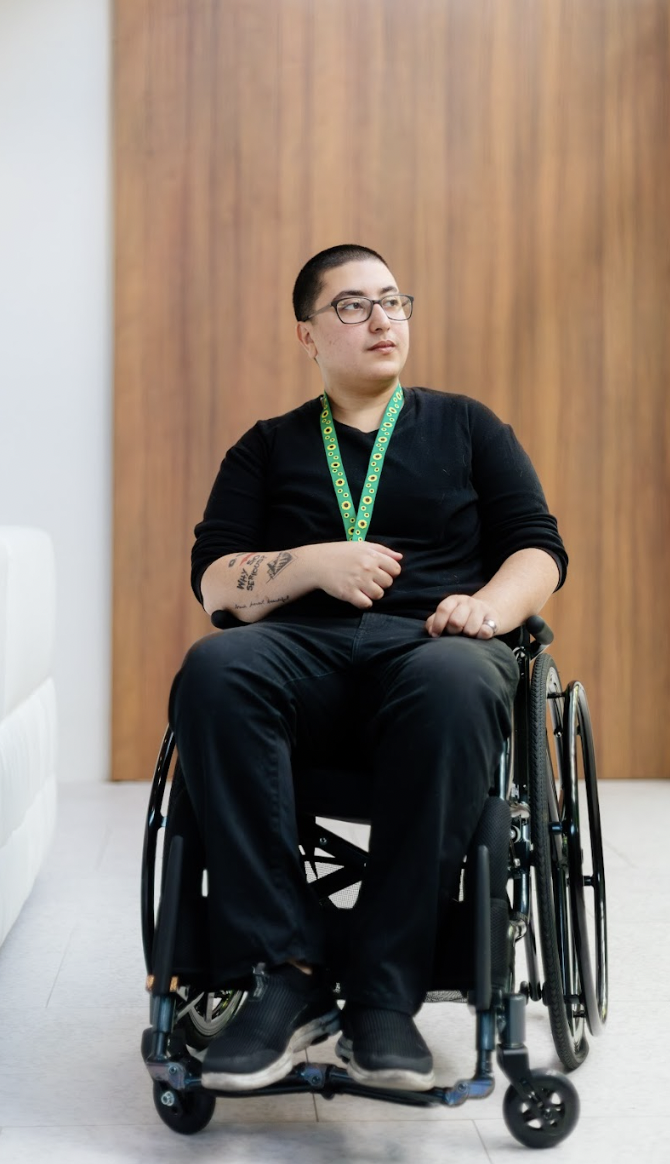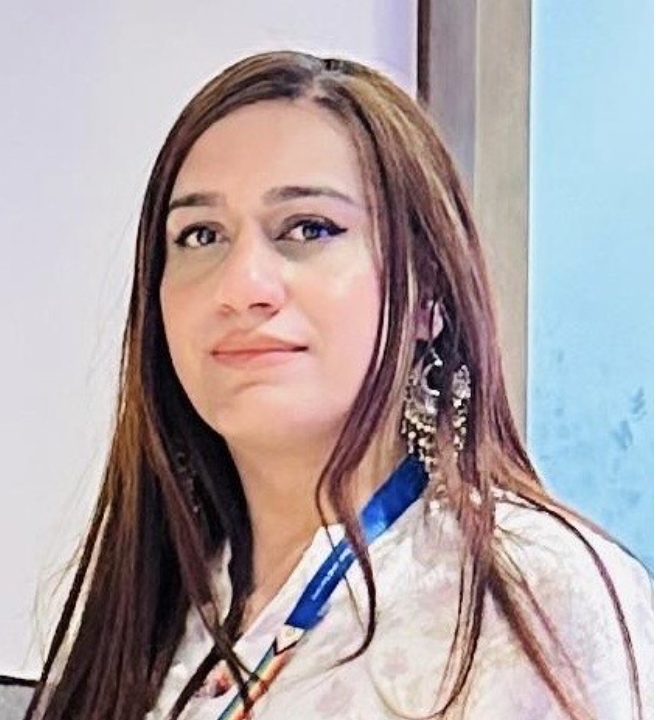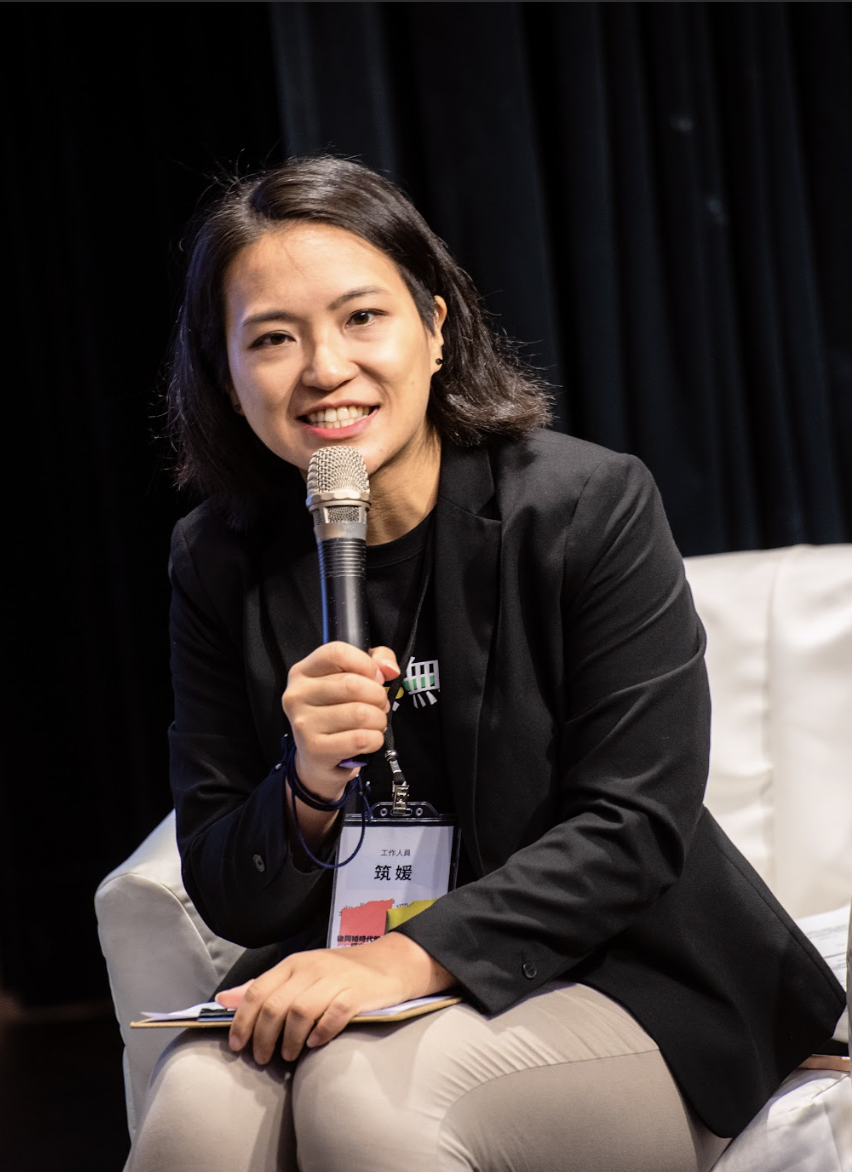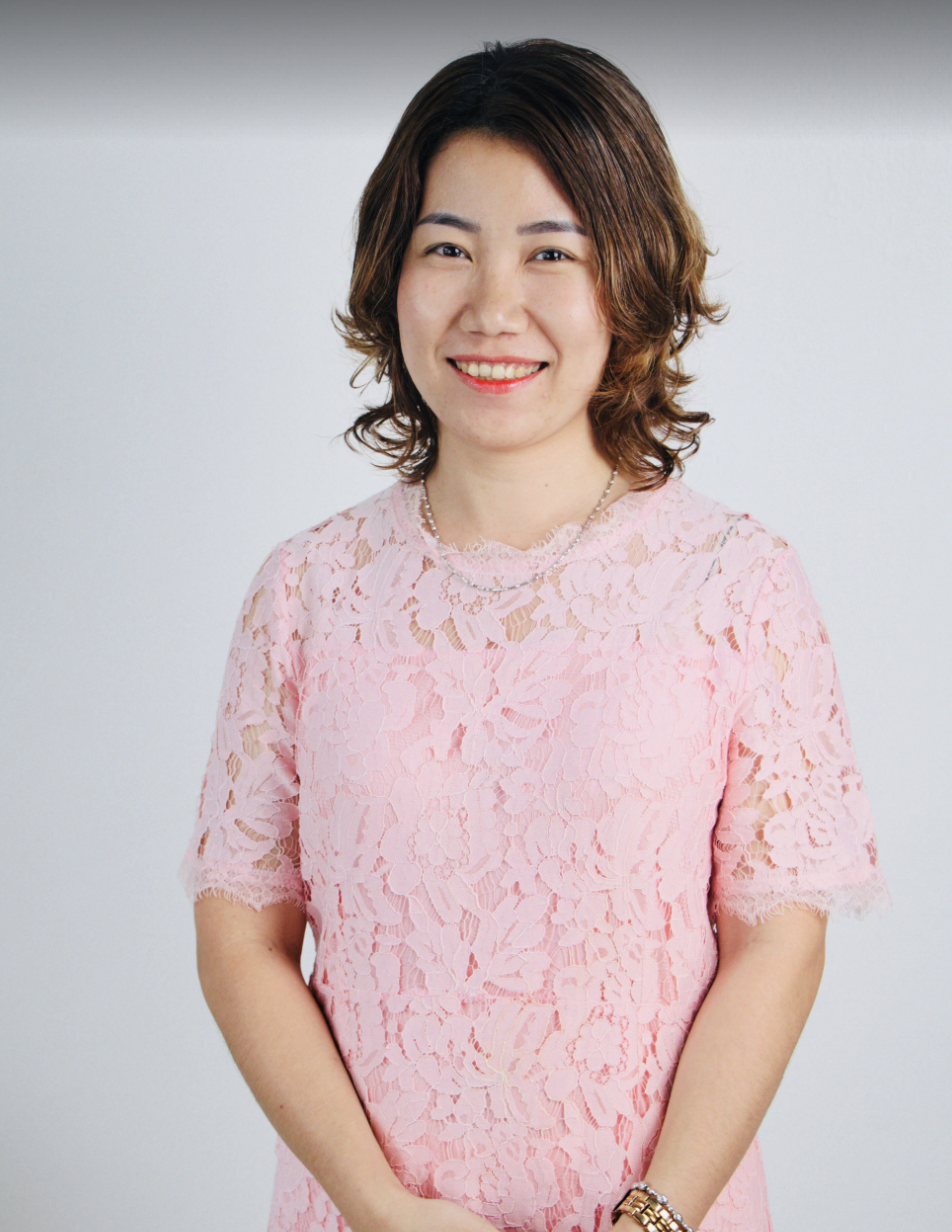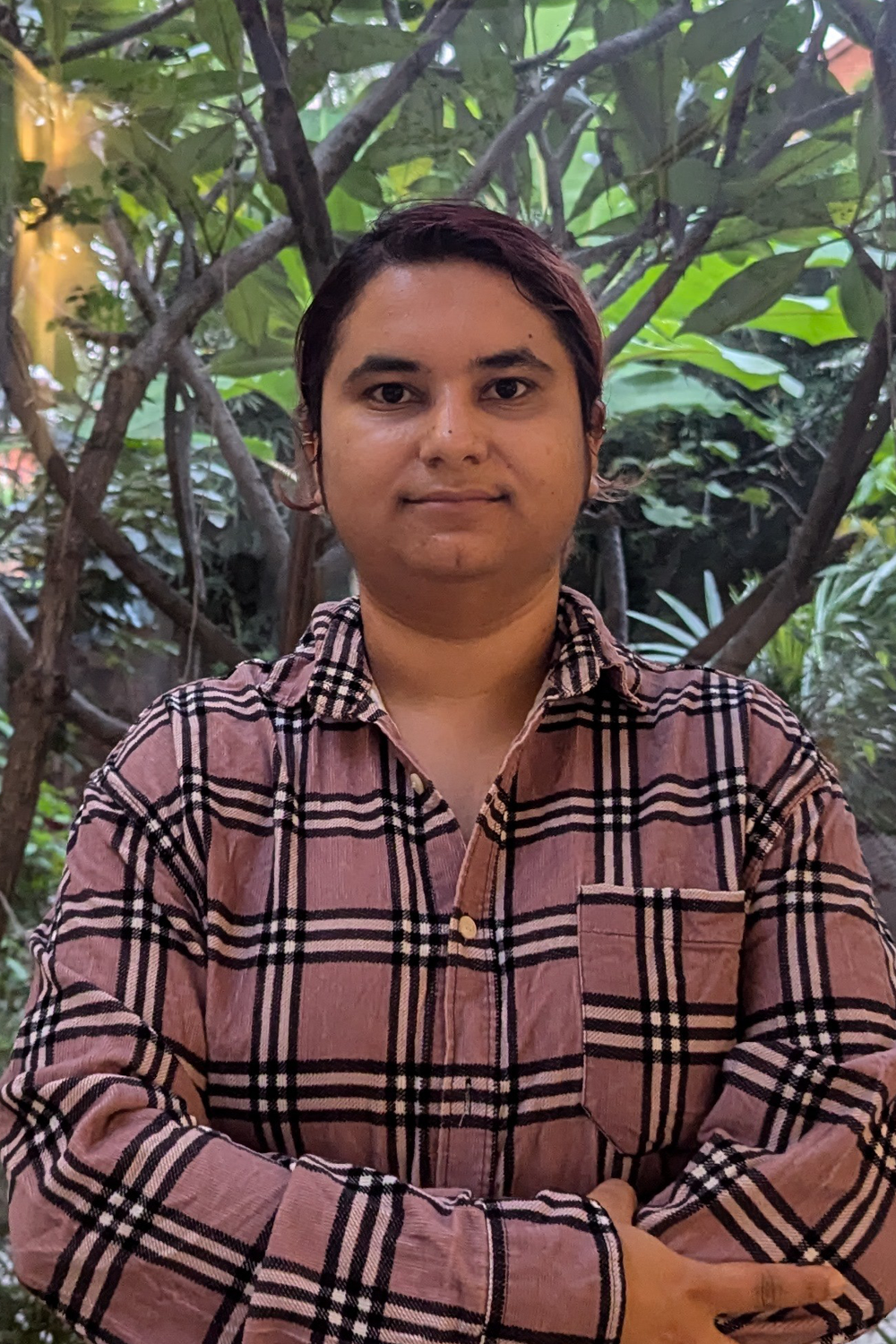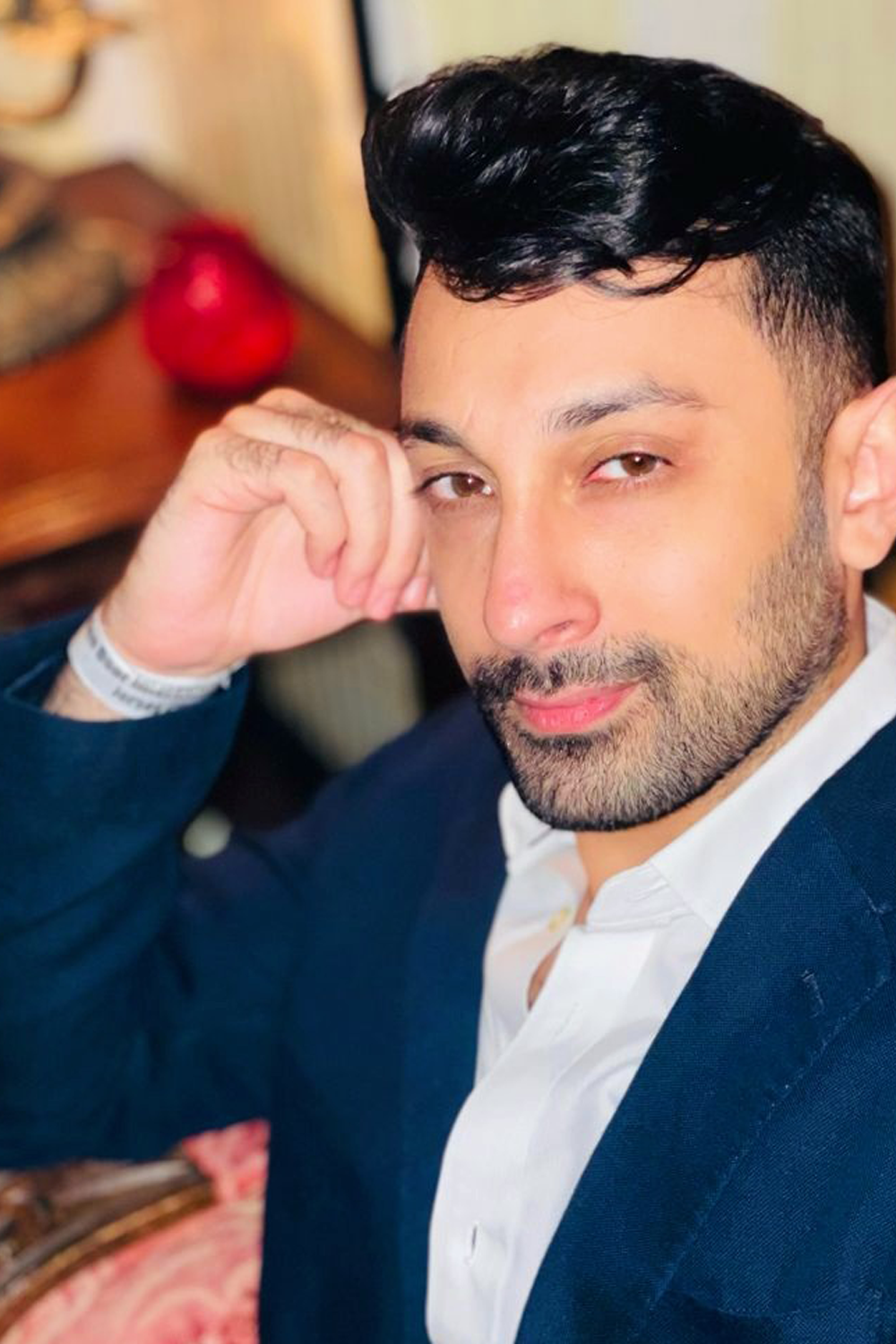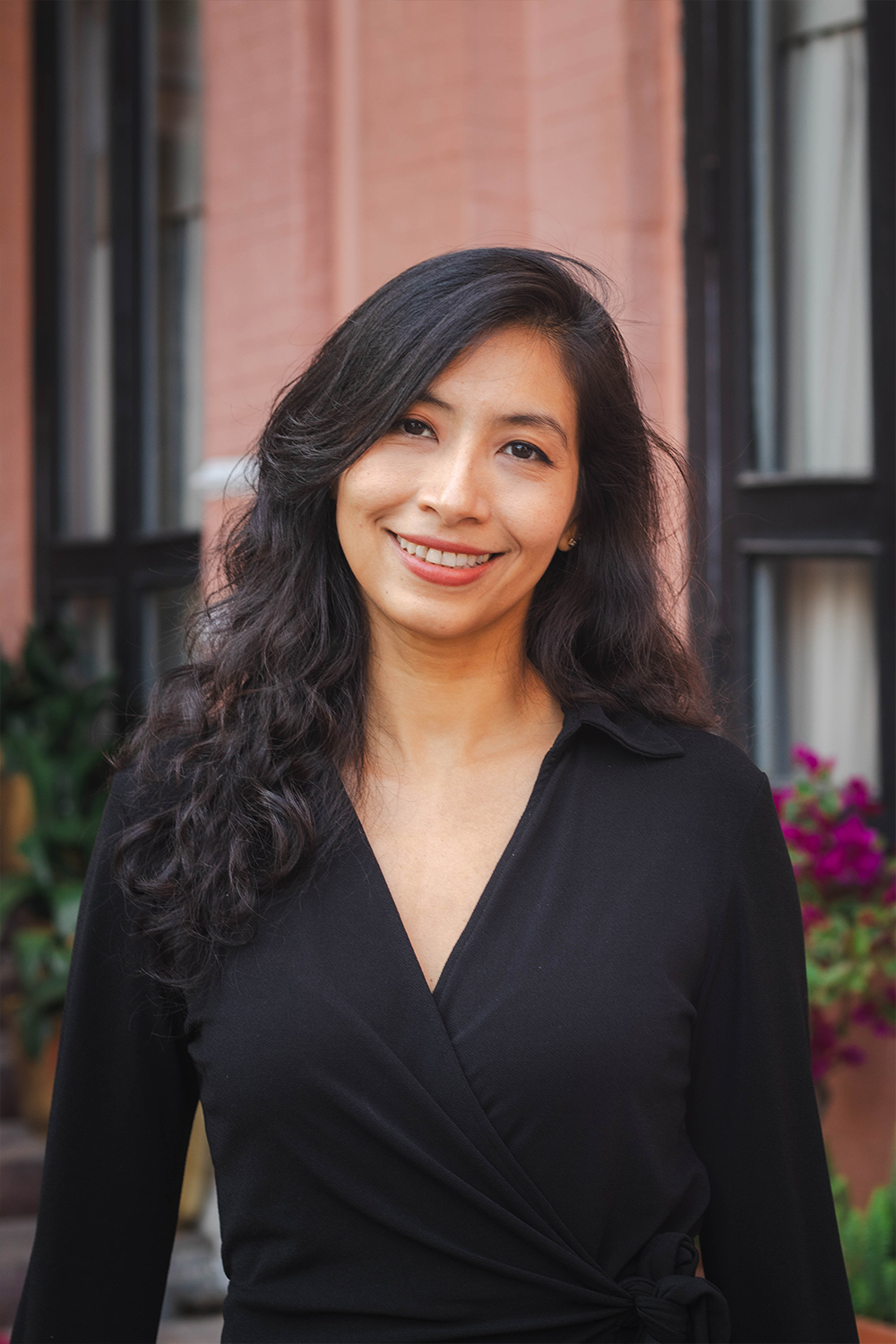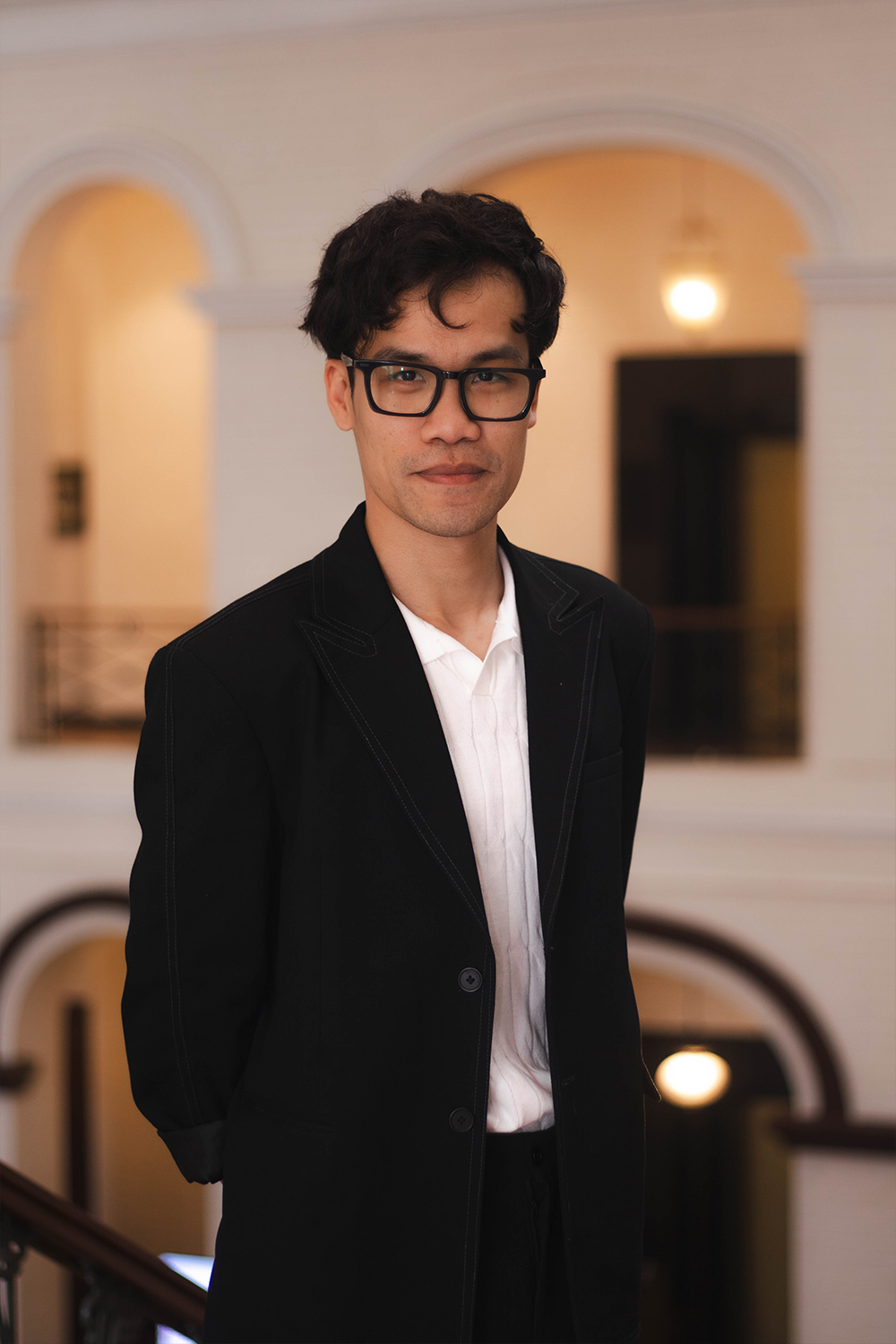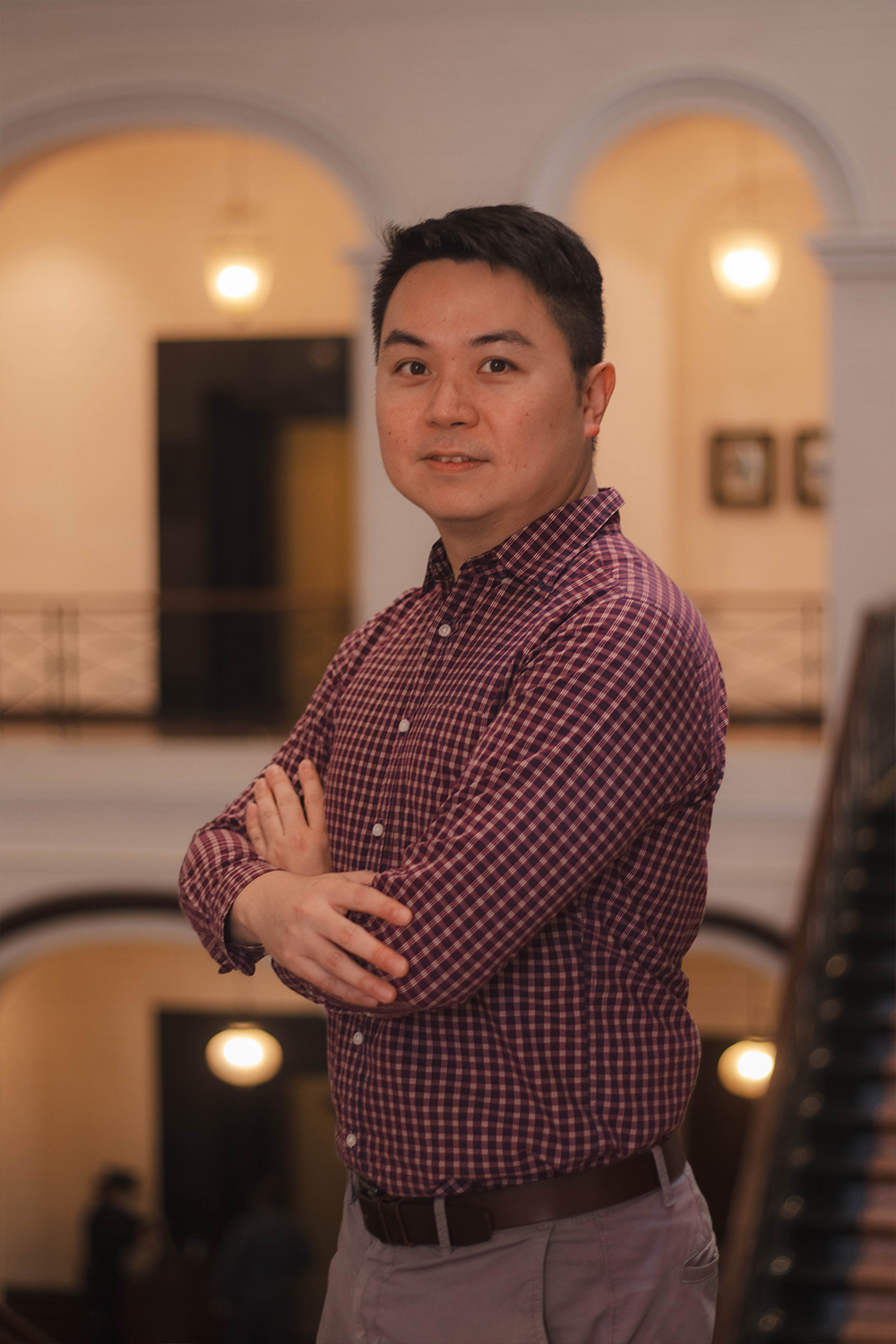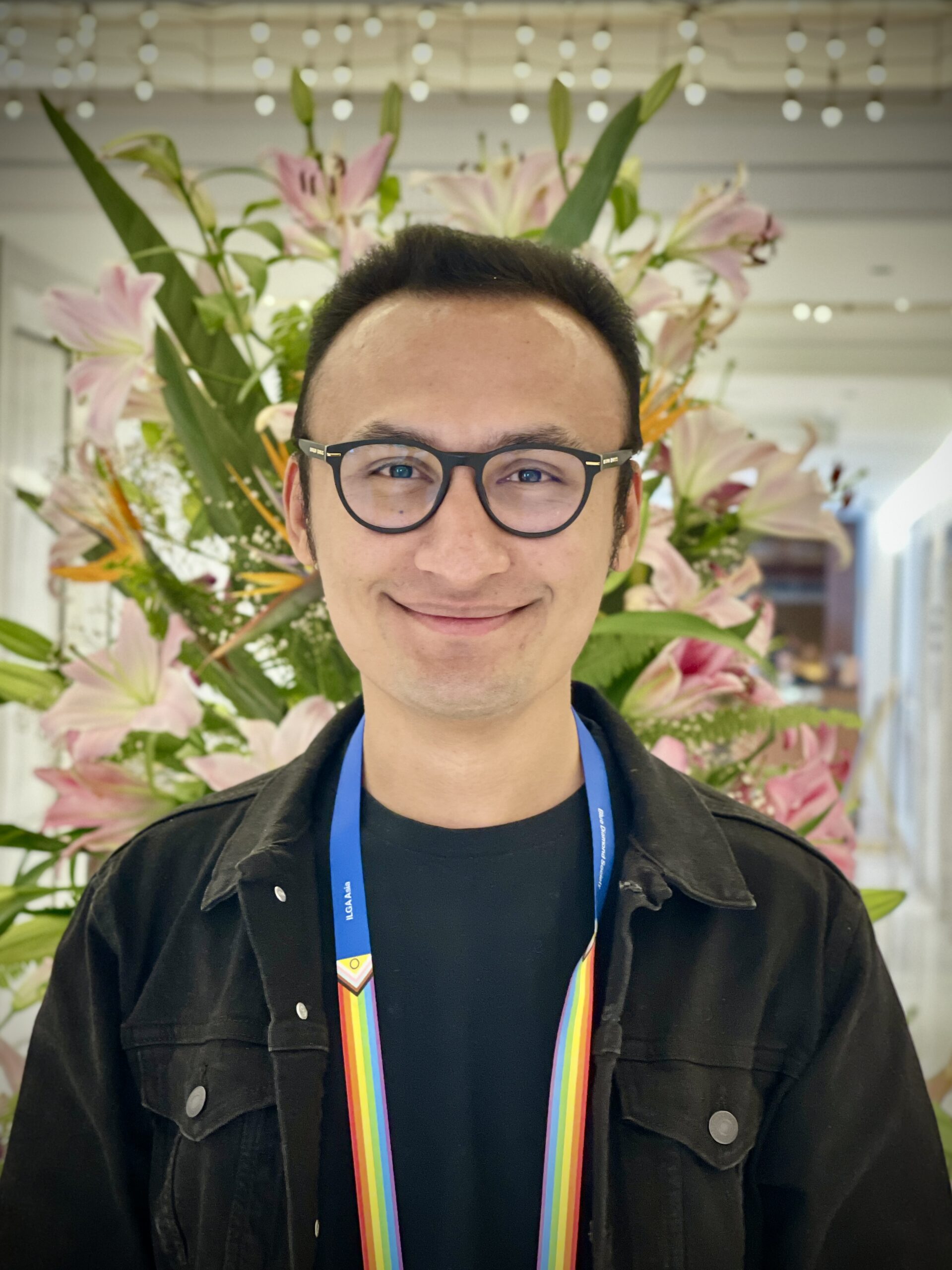Delivered by: Henry Tse
As we approach the Asia Trans Conference 2025, we unite in the fight for the rights, dignity, and justice of
trans and gender-diverse communities across Asia. While celebrating our progress, we acknowledge the
ongoing challenges we face. This statement reaffirms our commitment to a future where trans individuals can
live free from fear, violence, and discrimination. Our goal is to amplify trans voices, celebrate our victories, and
confront the threats posed by systemic inequalities and anti-trans movements.
I. Progress and Achievements
Asia has made significant progress in trans rights, with court victories and policy advancements, including
gender recognition reforms and increased visibility in media and politics in countries such as Nepal and access
to HRT (Hormone replacement therapy) for trans individuals in Thailand. However, many of these victories
remain incomplete or poorly implemented, leaving marginalized communities behind and We must celebrate
our achievements while acknowledging gaps in legal recognition, healthcare access, economic inclusion and
violence and hatred targeted towards transgender communities.
II. Challenges Ahead
- Global Backlash and Funding Cuts
Across the globe, anti-gender ideologies are gaining traction, challenging the progress we have fought
so hard for. These ideologies, often driven by conservative religious and political forces, threaten to roll
back legal rights, ban gender-affirming healthcare, and criminalize trans advocacy. In Asia, these
movements are gaining strength, creating an increasingly hostile environment for trans individuals. - Economic and Healthcare Exclusion
Economic disenfranchisement and healthcare disparities remain rampant among trans communities in
Asia. Despite legal advancements, many trans individuals face discrimination in employment,
education, and healthcare, often forced into precarious labor or excluded from basic services. Access
to gender-affirming healthcare, including hormones and surgeries, remains inconsistent and
unaffordable for many, while trans-inclusive mental health services are still limited in scope. - Rise in Transphobic Violence
The recent surge in anti-trans rhetoric has fueled violence against trans and gender-diverse individuals
throughout countries around Asia. The recent unfortunate one event which happened in Nepal during
ILGA Asia 2025 conference where a trans woman’s body was found lifeless after being brutally
murdered. Not forgetting the Anti-gender campaigns running both online and offline specifically
attacking trans individuals. From spreading misinformation about transgender communities to
personally attacking trans advocates through news and media, these are only the few examples which
initiates hate crimes and violence towards the community. This violences is compounded by a lack of
adequate legal protections and the criminalization of gender-affirming practices in several countries.
Governments and institutions must do more to address these issues and ensure accountability for
perpetrators of transphobic violence.
IV. Call to Action
We call on all governments, civil society organizations, international institutions, and allies :
● Governments: Implement comprehensive legal gender recognition frameworks based on self-
determination; expand access to gender-affirming healthcare and HIV+ prevention programs; address
economic exclusion; enact strong anti-discrimination laws which protects transgender communities
from violence led by hate crimes. While supporting trans-inclusive employment initiatives.
● Donors and International Institutions: Reverse funding cuts to LGBTQ+ civil society organizations
and prioritize funding for grassroots, trans-led initiatives that address health, advocacy, and economic
rights.
● Allies and the Broader LGBTQ+ Movement: Stand in solidarity with trans communities across Asia,
amplify our voices, resist the global tide of anti-gender hate, and work together to create a future where
trans individuals are free to live authentically, with dignity, and without fear.
● Representation: Advocating for trans individuals to be represented in various policy-influencing
positions, decision-making bodies, UN spaces to ensure that trans people’s issues, challenges, and
voices are heard and addressed.
● Community Empowerment: Launching campaigns to raise awareness among governments,
healthcare providers, security forces, and the general public to foster inclusive and supportive
environments for trans individuals both in mainstream and grassroot level areas throughout Asia.
● Economic Empowerment: Working toward a more inclusive economy by implementing programs that
address discrimination in employment, education, and housing for trans people.
● Sustaining for the future: Urging every trans advocate, civil societies and organization throughout
Asia and globe to come together to combat the current anti gender movement while also collectively
creating a sustainability roadmap ahead for the future to ensure not a single trans individuals,
communities or trans led organization go through funding crisis and anti-gender attacks.
Together, we commit to this shared vision with a united and unwavering focus on advancing the rights,
health, and justice of trans and gender-diverse communities across Asia. We are taking back control
over our bodies and our rights, ensuring that no one pushes their opinions onto trans bodies and trans
rights unless they are trans themselves.”
